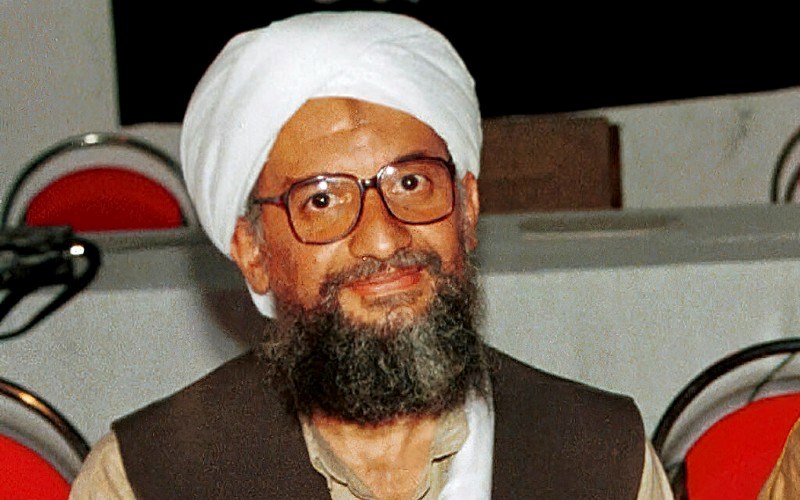On July 31, al Qaeda leader and successor to Osama bin Ladin, Ayman al-Zawahiri, was executed by the CIA in Kabul, Afghanistan. According to a senior Biden administration official, Zawahiri was surveilled on "multiple occasions for sustained periods of time on the balcony, where he was ultimately struck" in the targeted drone strike. According to the White House, he was the only one killed.
Global security expert Benjamin Varlese tells American Family News the drone strike on Zawahiri "adds some closure to the 9/11 attacks, as we finally got one of the last masterminds of the attacks." But he suggests something very obvious is being ignored.
"The elephant in the room," Varlese says, "is that Zawahiri was in Kabul, hanging out on a balcony" – which the Army veteran says reveals two things: "[First,] he confirmed what we all knew, [and that is] the Taliban has continued to work closely with al Qaeda."
Secondly, it indicates Zawahiri himself was given safe harbor to the extent that he felt safe and protected.
On Sunday, U.S. Army (Ret.) Gen. Jack Keane told Fox News: "The very reason we went [to Afghanistan], the very reason we stayed there for 20 years [was] to ensure that terrorists did not rise again to attack the American people – and we're right back where we started."
Varlese agrees with Keane, lamenting that after more than two decades in Afghanistan, "we have nothing to show for it." The same problem of rampant terrorism in the South Asian country still exists, he explains.
What are potential reprisals now?

As Varlese points out, there have been several times that a senior al Qaeda leader has been killed, resulting in what he describes as "violent actions" of reprisal.
"What are we going to see in Afghanistan? What are we going to see elsewhere in the region? What might we see now at home?" he wonders.
Regarding threats to the homeland, Varlese recalls the "intelligence failures" leading up to 9/11 – and now, as he points out, the southern border is practically wide open. "There are also hundreds of disenfranchised people who have entered the country without proper vetting," he adds.
Varlese also notes that anyone plotting an attack against the United States does not necessarily have to be working directly with Taliban or al Qaeda.
"They could be motivated by [the terrorist organization's] messaging and take action on their own," he explains, suggesting that "the targeted killing of Zawahiri could push somebody over the edge."
Taking into account all those potential threats, Varlese expects increased violence and radicalization in the region that he predicts will "trickle" into Europe. "[And] within the next three to five years," he estimates, "the United States could see something happen domestically."
All things considered, Varlese argues that the U.S. "needs to put its focus back on Afghanistan." While he doesn't necessarily suggest redeployment of troops, he considers it wise to use intelligence assets to conduct more targeted drone strikes.
"[The result would] not be a decapitation, but it's a disruption," Varlese contends. "Every time we take out a head, it takes a little bit of time for them to re-cock."







